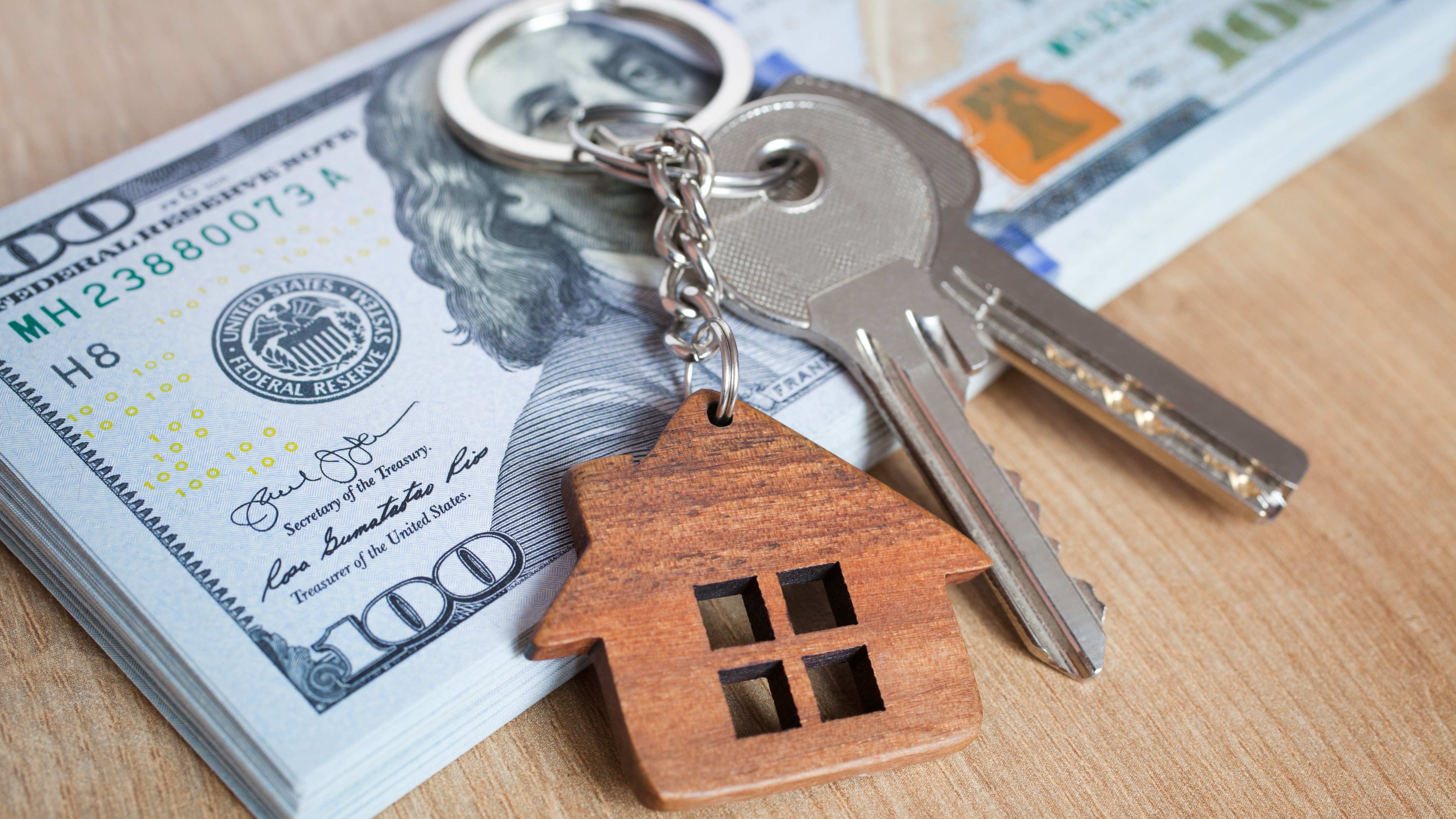Over six million US households failed to make their rent or mortgage payments in September, as the economic fallout from the coronavirus pandemic continues to take a heavy toll on the personal finances of Americans everywhere. According to the latest Mortgage Bankers Association (MBA) data, some 3.37 million homeowners missed their mortgage payment in September, the equivalent of 7.1% of all households, while around 2.82 million renters - or 8.5% - either missed, delayed, or made a reduced payment to their landlord.
"Rent and mortgage payment collections improved over the summer as more people went back to work, but high unemployment continues to place hardships on millions of US households,” said Gary V. Engelhardt, Professor of Economics in the Maxwell School of Citizenship and Public Affairs at Syracuse University. “There is growing concern that absent a slowdown in the number of coronavirus cases and another round of much-needed federal aid, millions of households in the coming months face the prospect of falling further behind.”

Even though the cost of home loans through the best refinance mortgage companies has been hovering at or near record lows for much of the past six months, the turmoil created by the health crisis in terms of permanent or temporary job loss has hit household incomes even harder.
Behind the headline data, the MBA found that 4.7% of mortgagors had missed one payment over the two quarters since April, 2% had missed two payments, 1.5% missed three payments, and 4.2% had missed four or more. For the third quarter alone, total missed mortgage payments were estimated to be as high as $19.4 billion.
At the same time, some 11% of renters said they had missed one payment, 4% had missed two payments, 2.8% missed three, and 3.8% had missed four or more payments, with rental property owners losing out on $9.2 billion in revenue over the past three months as a result. In total, it means homeowners and renters combined have skipped almost $29 billion in payments since the summer.
What to do if you’re missing payments
For those that have been hardest hit by the events of recent months, ensuring they retain somewhere to live and can pay for everyday essentials such as groceries has quickly become the priority. The first stimulus check and the enhanced $600-a-week unemployment supplement helped tide many people over in the early stages of the crisis. However, with a second relief payment seemingly off the cards until after the election, and little sign that extra support for the millions put out of work is coming any time soon, many Americans have been left to find their own solutions if they can.
Talk about your situation
Regardless of whether it’s your mortgage or rent payment that you’re struggling to meet, one of the first things you should do is talk to the parties that you’re due to be making your payments to.

So for mortgage borrowers, this means getting in touch with your mortgage lender to discuss your situation and see how they might be able to help. In the face of the pandemic, the best mortgage lenders have been showing more flexibility than ever before in their treatment of borrowers in financial difficulty. Indeed, according to the MBA figures, around 20% of mortgagors received permission from their lender to delay or reduce their monthly payment (by week) in the last quarter, as part of efforts to help people where they can. Refinancing your mortgage to a cheaper deal might also be an option, lowering your monthly payments as result.
For tenants falling behind on their rent, similar advice about talking to your landlord also applies. In this respect, 13% of renters said they had received permission from their landlord to delay or reduce their monthly payment on a week-to-week basis. This could become even more important if the current ban on evictions that is due to end early next year is not extended or replaced with some other kind of relief before it expires.
"With the current eviction moratorium expiring in January, the situation could be even more challenging for renters,” added Gary V. Engelhardt. “Many renter households across the country could find themselves with no place to live and no means to repay missed payments."

Make plans to pay
Despite the safety nets currently keeping people in their homes, it’s important to remember that such flexibilities do not take away the obligation to eventually pay what you owe. Both missed mortgage payments and rental payments will be expected to be made up, representing another significant worry for most.
While certain lenders and landlords may adopt a similar level of understanding that they are now, and accept gradual payment of what they are owed over time, rather than expect a lump sum of back pay, this is by no means assured for all. So if you have savings put away for a rainy day, this might be the time to make sure you can access those funds if they’re needed, or speak to family and friends to see if they might be able to help.
Also make sure you’re claiming for everything that you might be eligible for in terms of official or more local support - for renters, in particular, there are usually a large number of relief programs and assistance available on a state level and even closer to home.
The debt dilemma
If taking out a credit card or the best personal loans online means you can keep a roof above your head, then don’t be afraid to go down these paths too. They might provide the financial space that you need to find yourself a new job, or until your unemployment benefit is approved, although you’ll need to have a plan in place to meet the monthly payments that will have to be paid. If eviction is close to becoming a reality, a case might also be made for considering a payday loan, but only if you know you’ll have the funds to pay the loan back quickly - all other alternatives should always be considered first, and really payday loans should be avoided if at all possible.
And if debt is becoming a real issue overall, talking to a debt counselor or one of the best debt consolidation companies really is a must. The former will offer excellent all round advice, while the latter might be able to help you restructure your existing debts so that you have more money left over to pay towards your mortgage or rent. Whatever your circumstances, however, talking to those involved and sharing the challenges you face is essential, and could lead to a solution that you didn’t know even existed.

